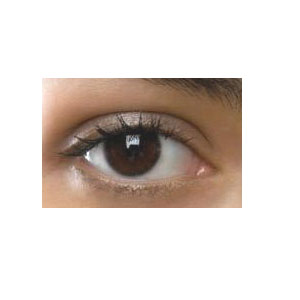
University of Utah researchers tested this treatment in mice. They believe that it could be effective to treat other diseases that tend to worsen because of vascular instability and leaky vessels.
The outcome of this research was the discovery of a naturally occurring form of protein known as Robo4 which inhibits the formation of abnormal blood vessels and at the same time stabilizes the vessels so that they don’t leak.
According to Dr.Dean Li, the study’s senior author who is also a physician, geneticist and professor of the internal medicine, “What our discovery does has direct application to eye diseases and diabetes and age-related macular degeneration. But mostly everyone is familiar with the bad effects of vessel destabilization. We think any disease where vessels leak and accumulate could benefit.â€
This news comes on the heels of the invention of a bionic eye by US scientists. They claim that the bionic eye can restore sight to the blind. Expected to be commercially available in two years, this device is also being tested at the moment. It consists of three elements- a miniature camera work in a pair of dark glasses, which transmits images to a radio receiver that is implanted near the patient’s eye. This sends a signal to a tiny 4mm silicon and platinum chip that sits on the retina. The chip’s electrodes stimulate the ganglion cells that transmit visual information to the optic nerve and further to the brain. This then constructs a visual image.
“How broad is this principle and how strong the application outside of the eye, we don’t yet,†added Li.
